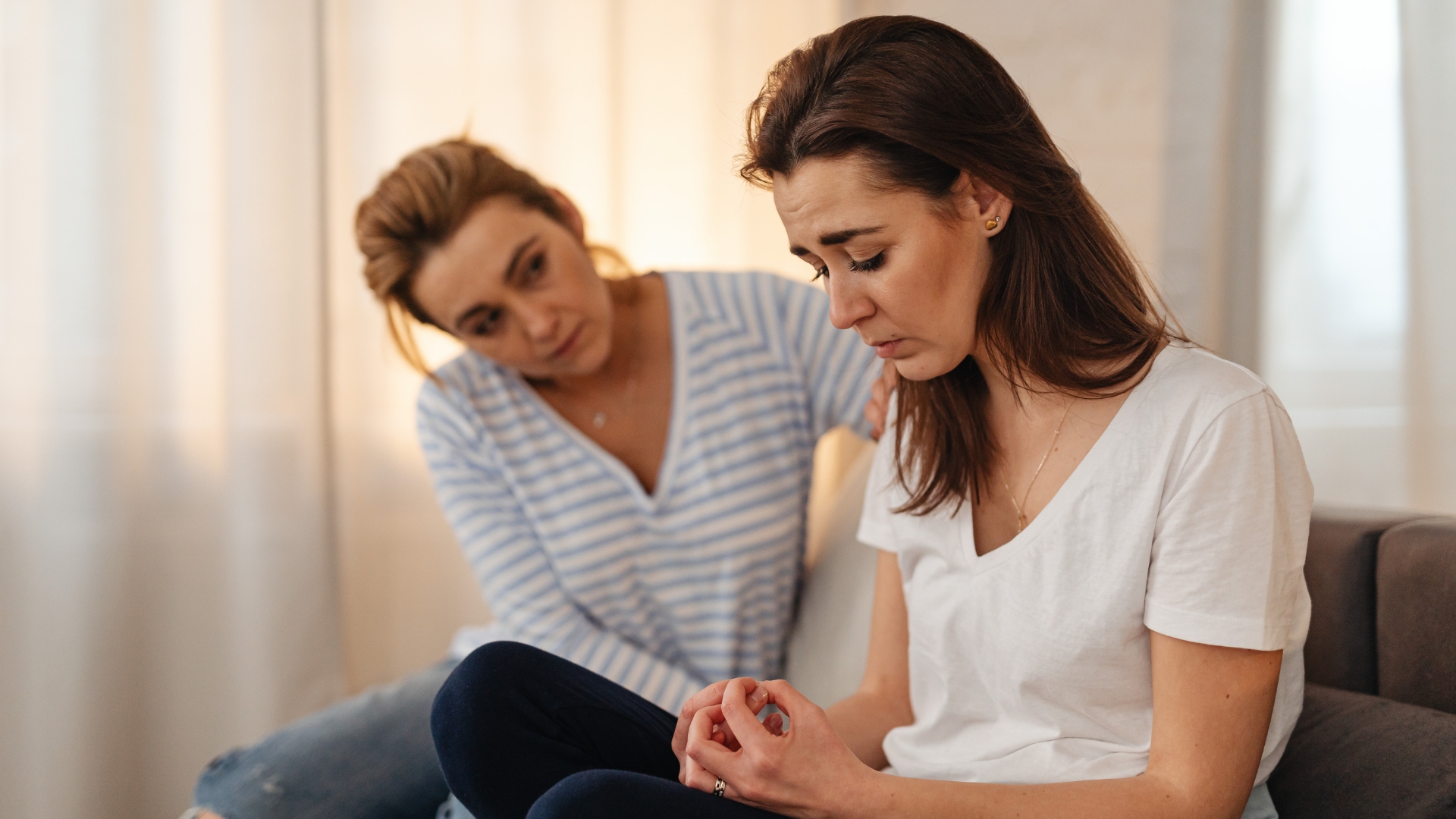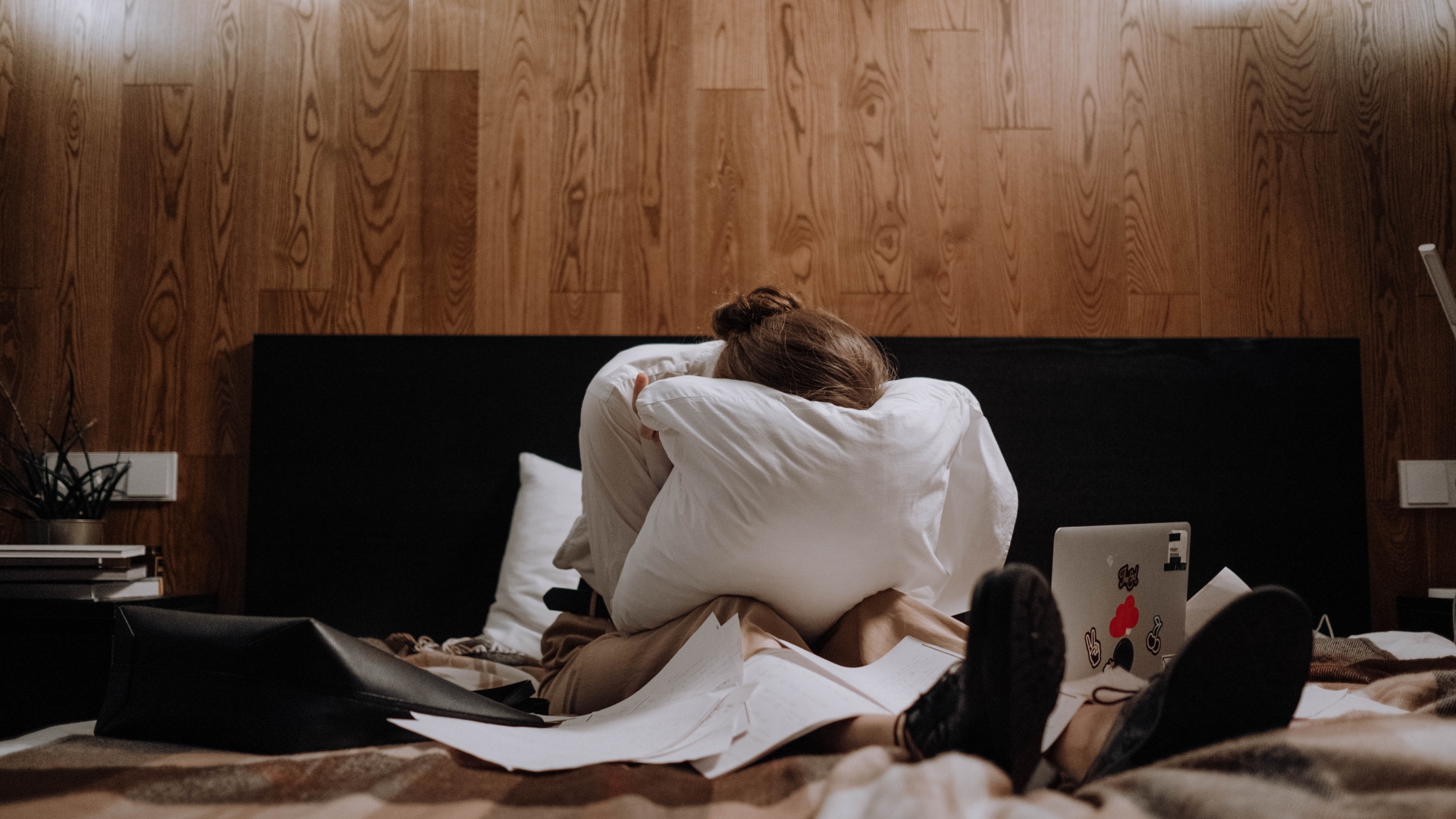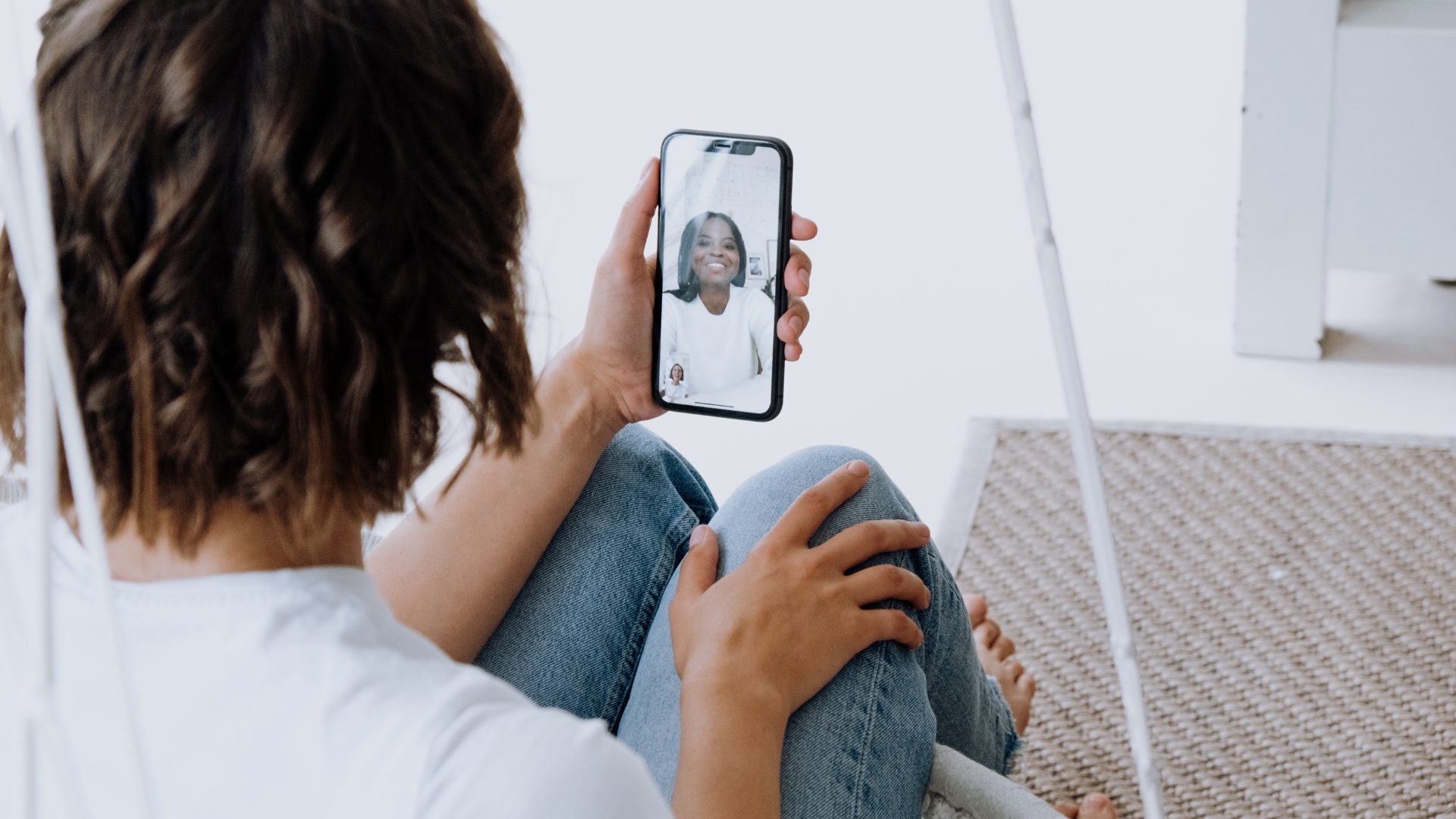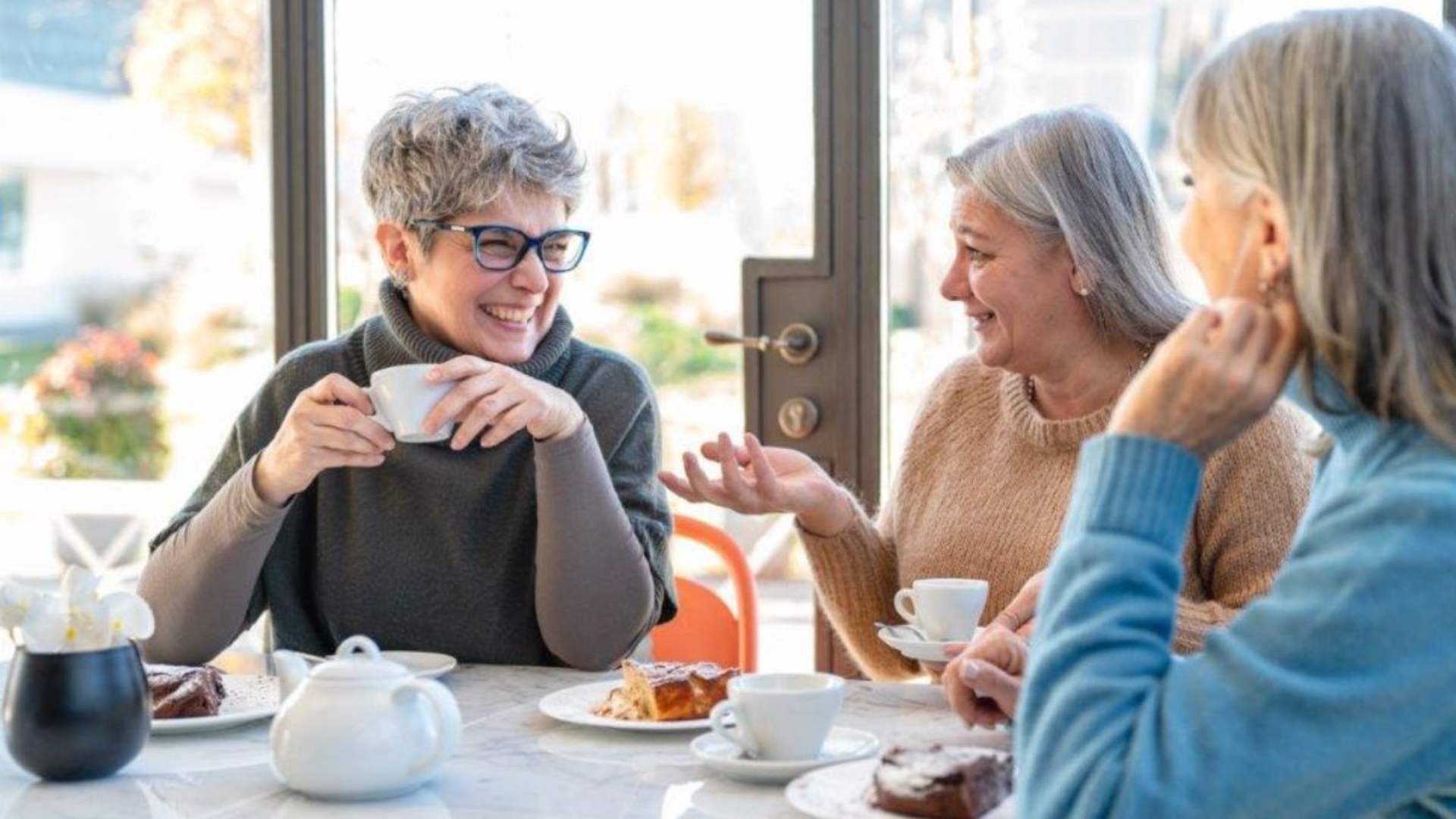How to ask “Are You Okay?”

With R U OK Day around the corner, it’s important to remember two things. The first, is to check in with yourself and others around you, and the second is that it’s okay not to be okay.
There is no stigma with emotions, at some point in time everyone needs to talk to someone about what they’re experiencing. And the truth is, you might need someone to lean on to take some weight off your shoulders from time to time and help you cope through the tough moments in life.
On the other hand, a friend may be in need too. So by listening to someone, you can help validate their feelings and ultimately help to make them feel better.
How can I assess how I’m feeling?

Your mental health is crucial to your overall wellbeing. So, one of the first things you can do with checking in with your own feelings and emotions is to ask yourself: Am I okay?
There are many indicators that may suggest you are struggling mentally, particularly as we continue to live through lockdowns and restrictions. A good tool to consider using is the K10 (Kessler Psychological Distress) scale. This scale asks a series of questions and provides a score that ranks your distress.
Want to take the test? Here’s the K10 questionnaire.
What should I do if I’m not feeling okay?

When you’re struggling with mental health, finding ways to cope doesn’t have to be a daunting task. It’s all about working out what suits you and helps you feel okay.
Ultimately, a sense of mental well being involves a number of things like feeling confident in our relationships, understanding our strengths, feeling like we are making contributions in life and finding pleasure in things we find challenging and enjoyable.
Here are some things that you may want to try, or even suggest to others that may be struggling:
1. Give yourself time to relax
By relaxing you can make yourself feel calm and relieve negative feelings like stress and anxiety. There are many relaxation techniques you can try such as visualising a relaxing location in your mind, deep breathing, practicing mindfulness and meditation.
If you need a place to start, try our calming meditation with Nadia for relaxation before you head to bed tonight.
2. Keep active
Exercising regularly can be a key component to keeping your mental health in check. In fact, when you are physically active your body releases chemicals such as dopamine, endorphins and serotonin, which make you feel good and release negative energy.
Give our Burpee session with Hannah a try, or a fun and uplifting active workout with Adam today!
3. Slow down

Moving through your day at a fast or frantic pace can be harmful to your mental health. That’s why it’s important to slow down and focus your mind on one task at a time. Doing something like reading a book, drawing, cooking something new or practicing a light round of yoga can make a world of difference when it comes to slowing down your day.
Take a look at our online yoga classes for muscle health, not only will you get your body moving but you may also clear your mind.
5. Talk to others
R U OK? Day promotes talking to others about how your mental health is going, so make sure you do that. Don’t be afraid to mention to someone you are close to that you are struggling, even if they don’t prompt the conversation. You must remember that the people in your life want to help you, and no struggle is too small to discuss with those close to you.
Similarly, if you feel you need to talk to a professional, don’t hesitate to seek help.
How do I ask “Are you okay?”

Asking someone “Are you okay?” can change a life. But the truth is it’s not always easy, so it’s important to help yourself feel confident when checking in with the people around you.
According to R U OK?, there are four steps:
- Ask
- Listen
- Encourage action
- Check in with how they are going
No matter whether someone is struggling or not, if you notice any signs of potential mental health struggles the best option is always to check in. On the one hand, if someone is struggling you can follow the above steps and help them get the support they need. On the other hand, if the person is doing okay, at least they know they have a support system in you if they ever were struggling. Remember you don’t need to have all the answers, just having someone listen and validate their emotions can make the world of difference.
Find out more about checking in someone and supporting them here
If you need further support:
If you or someone you know need further support, there are wonderful people out there ready to jump on the phone and have a chat with you now.
Beyond Blue – Feeling down, depressed or anxious.
1300 22 4636 – Call 24 hours, 7 days a week
www.beyondblue.org.au
Lifeline – If you’re feeling overwhelmed or are having a difficult time.
13 11 14 – Call 24 hours, 7 days a week
www.lifeline.org.au
WANT TO START FEELING GOOD BUT NOT A LIVE LIFE GET ACTIVE MEMBER?
Fill in our registration form to become an online member here and gain access to FREE Pilates, Meditation, Fitness, Yoga and Nutrition programmes.
We’ve got everything you need to stay active so login and book your active training, yoga class and meditation either in the park or online now.
References:
WorkSafe QLD: https://www.worksafe.qld.gov.au/__data/assets/pdf_file/0010/22240/kessler-psychological-distress-scale-k101.pdf
HealthDirect: https://www.healthdirect.gov.au/relaxation
R U OK?: https://www.ruok.org.au/how-to-ask




